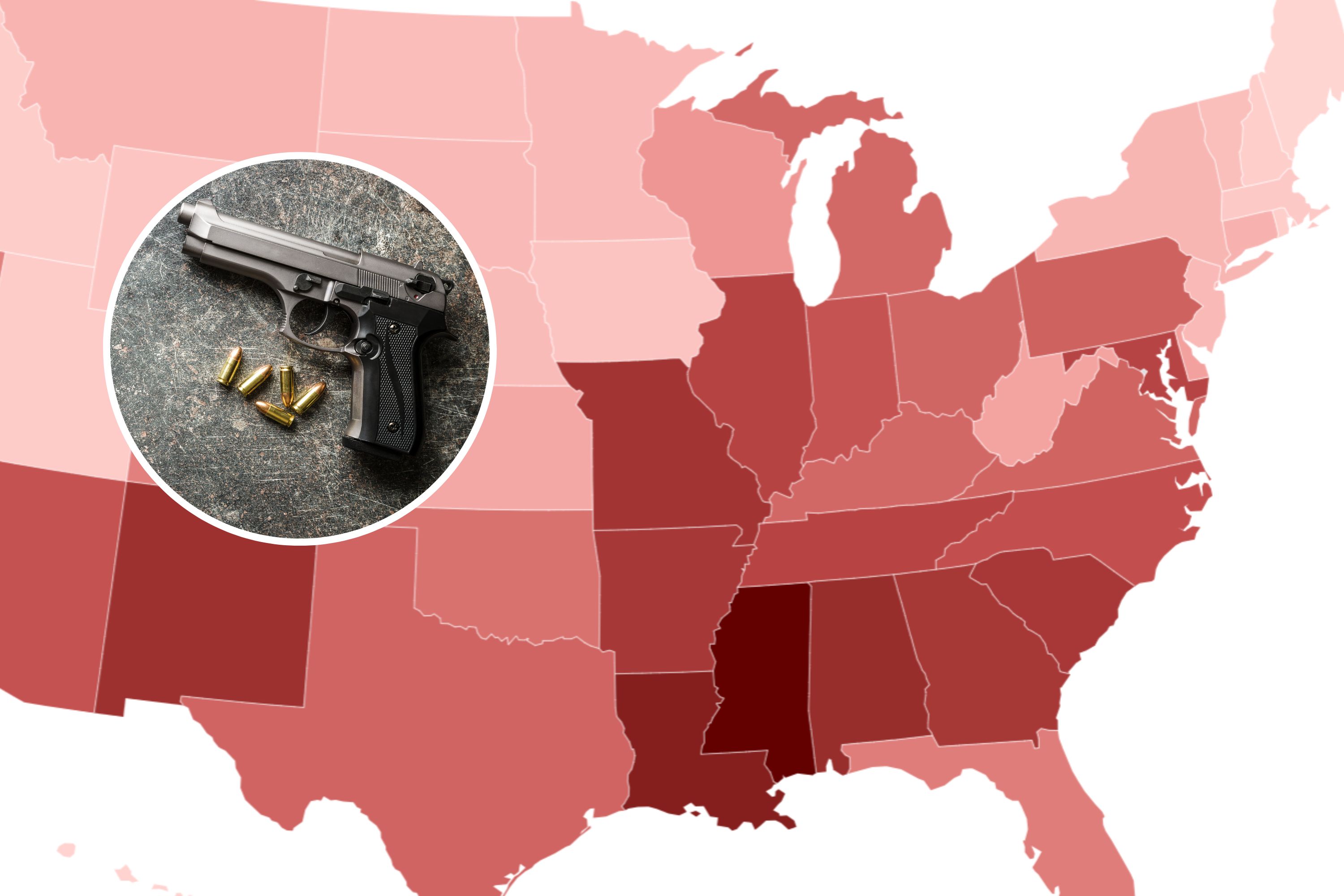Europe is in the grip of an energy crisis amid rising prices for natural gas, increased demand for fossil fuels and the approach of the winter that will make access to fuel even more urgent.
The price of natural gas on the continent has risen sharply over the past year with the European benchmark up nearly 600 percent as of Thursday and the European Union (EU) seeking more gas supply from Russian energy firm Gazprom, which is already Europe's largest supplier, providing 35 percent of the continent's needs.
The price fell on Thursday to $120.79 per megawatt-hour (MWh) after Russian President Vladimir Putin said the country could sell gas to European spot buyers through its domestic market. The previous price was $134 per MWh on Tuesday.
Rising costs have been driven by increased demand in Asia and other parts of the world as economies reopen after shutdowns during the COVID-19 pandemic. The ongoing difficulties with gas supply and costs have reopened questions about the use of coal.
Coal is the most polluting fossil fuel and European countries have committed to phasing out its use and closing all coal plants by 2030, according to Climate Action Network (CAN) Europe, a climate change nongovernmental organization (NGO).
Europe was already halfway to that goal as of March this year but the energy crunch has led some power producers to ask Russia for greater supplies of coal as well as gas, while API2 Rotterdam coal futures - a benchmark price reference for coal imported into northwest Europe - rose $80 per metric tonne in September and passed $230 per metric tonne.
Coal stocks have also rallied as demand has increased, with European producers turning to coal as a result of the energy crisis.
Experts who spoke to Newsweek suggested that coal was not the future of energy supply for Europe but criticized the current EU energy policy.
Prolonging the Agony
Professor Dirk Buschle is Iberdrola Manuel Marin Chair for European Energy and Climate Policy at the College of Europe, which has its main campus in Bruges, Belgium. He told Newsweek that current difficulties should encourage more investment in renewable energy.
"During the oil crises in the 1970s, European countries such as Germany believed that to continue domestic coal production could deliver them from dependency. This revival proved to be short-lived when oil prices returned back to normal and came at the cost of high subsidies," Buschle said.
"Today, the situation is similar and different at the same time. Similar because this last spark will again not suffice to justify investments in coal production or power generation from coal. It will just prolong the agony. Different, because in Europe we price in the negative externalities of fossil fuels through the Emission Trading Scheme (ETS), and thus create at least the basic conditions for a level playing field among them, and among them and renewables.
"But the ETS price is not the only factor affecting the merit curve of different fuels, their prices may rise for other reasons," he went on.
"This happened to the price of gas, a fossil fuel less polluting than coal and often used to balance intermittent renewable power. While the price surge may indeed be a consequence of scarcity following the principles of a (global) gas market, we should have an interest in Europe to address any possible market abuses by fully using our competition law toolbox."
"To avoid distortions, we should also speed up the phase-out of coal subsidies. This would help re-establishing the balance between gas and coal at least in the mid-term. With all the hardship it causes, current high prices could and should also be an incentive to invest more and faster in renewables," Buschle said.
Ideology Meets Reality
Ralph Schoellhammer, an assistant professor of international relations at Webster Vienna Private University in Vienna, Austria, pointed to the issue of nuclear power.
"In Europe reality has now finally caught up with ideology since climate policy has been formulated primarily by NGOs and young climate activists but not the hard scientific evidence," Schoellhammer told Newsweek.
"This becomes particularly obvious in the case of nuclear energy, which in many respects would be a climate-friendly way of producing energy, but it is ideological concerns that caused the abandonment of nuclear energy, for example in Germany by 2022, and at the moment a U-turn seems unlikely."

"All of this causes severe energy shortages – Sweden had to power up two oil-based power plants that burn 140,000 liters of oil per hour, while having simultaneously shut down six out of its 12 nuclear power plants."
"Politically for the moment, it seems that a return to coal is more 'sellable' than a return to nuclear, because exiting the latter has been promoted as an enormous success that it never was," Schoellhammer went on.
"The real problem, however, will be the return of stagflation that becomes an ever more likely probability: German industrial production has declined by 4 percent month-on-month in August, while inflation is reaching new heights of over 4 percent."
The Risk of Freezing to Death
"The turn away from fossil fuels was always based on the mirage that it would have no real-life consequences for the average European, or that they would not fully comprehend slowly rising energy prices as part of general inflation," Schoellhammer told Newsweek.
"With the risk of runaway inflation, however, people are becoming increasingly more sensitive to what their monthly bills consist of, and at some point using fossil fuels and nuclear energy will be politically more expedient than clinging to climate change goals.
"This was already reflected in the German elections on September 26, where first-time voters were more attracted to the pro-nuclear energy FDP than the Greens," he went on.
"All the major parties in Europe fear people at the risk of freezing to death like what happened in Texas in March of 2021 due to widespread energy outages. But even if human casualties can be avoided, energy poverty becomes an ever more realistic prospect for large parts of the European populace, a risk driven mainly by ideological decisions that were based on very little scientific evidence.
"If things continue the way they are developing at the moment, this could well be the first step of the Green movement's ultimate decline, since the costs for switching Europe to alternative energy sources are slowly but surely exceeding the sacrifices particularly the lower classes are willing to shoulder," Schoellhammer said.
Market Incentives
Daniel Esty is a professor at Yale Law School and former commissioner at the Connecticut Department of Energy and Environmental Protection. He also served as U.S. climate change negotiator from 1989 to 1993. He told Newsweek more had to be done to create incentives for cost-effective renewable energy.
"Progress toward a clean energy future will almost certainly not be smooth," Esty said. "Energy markets are, after all, like other markets and susceptible to price swings as supply and demand conditions change. As prices spike, the public's willingness to pay a significant premium to avoid greenhouse gas emissions wanes.
"So policies need to focus not just on clean energy and renewable power but also on cheaper and more reliable electricity. In this regard, European leaders have made some serious policy mistakes including a commitment to shut down nuclear powerplants before renewable energy was available at scale and competitive cost," he went on.
"More generally, there has been too much emphasis on renewable energy targets and too little focus on the strategies and market incentives needed to ramp up clean energy in a cost-effective way," Esty said.

Uncommon Knowledge
Newsweek is committed to challenging conventional wisdom and finding connections in the search for common ground.
Newsweek is committed to challenging conventional wisdom and finding connections in the search for common ground.
About the writer
Darragh Roche is a U.S. News Reporter based in Limerick, Ireland. His focus is reporting on U.S. politics. He has ... Read more





